Last updated on April 15th, 2024
Featured image: Sand dune at Sossusvlei in the Namib Desert, Namibia | Photo by imagexphoto on Envato
Find new adventures from Australia to Vietnam with these women-recommended destinations
by Carolyn Ray & Marin Scotten
With the world reopening, many women are in the midst of planning their next adventure. For those looking to go somewhere new, we’ve curated a brand new list of less-travelled destinations, based on recommendations from our readers and the JourneyWoman Advisory Council. In all, we received over 150 recommendations, but these were the ones that rose to the top. (Keep an eye out for two more lists focusing on the US and Canada).
We invite you to explore these undiscovered places, which offer untouched coastlines, eco-friendly approaches and people who will make your time there special. If you’ve been to these places, let us know in the comments. Get your map out to chart a new course to adventure!
1. Atherton Tablelands, Australia
In Northern Queensland, Atherton is a small rural town surrounded by rainforest and geological wonders. Crystal caves, Crater Lake National Park, lava tubes and unique rock gorges make up this seemingly other-worldly region that few travellers venture to when visiting Australia.
JourneyWoman Advisory Council member Joy Fox says a visit to Atherton is definitely worthwhile. “Most people stop at Cairns to enjoy the Barrier Reef, but going further is really worthwhile. I saw orchids growing on trees. I visited a koala sanctuary and a working farm, where I sheared a sheep,” she says.
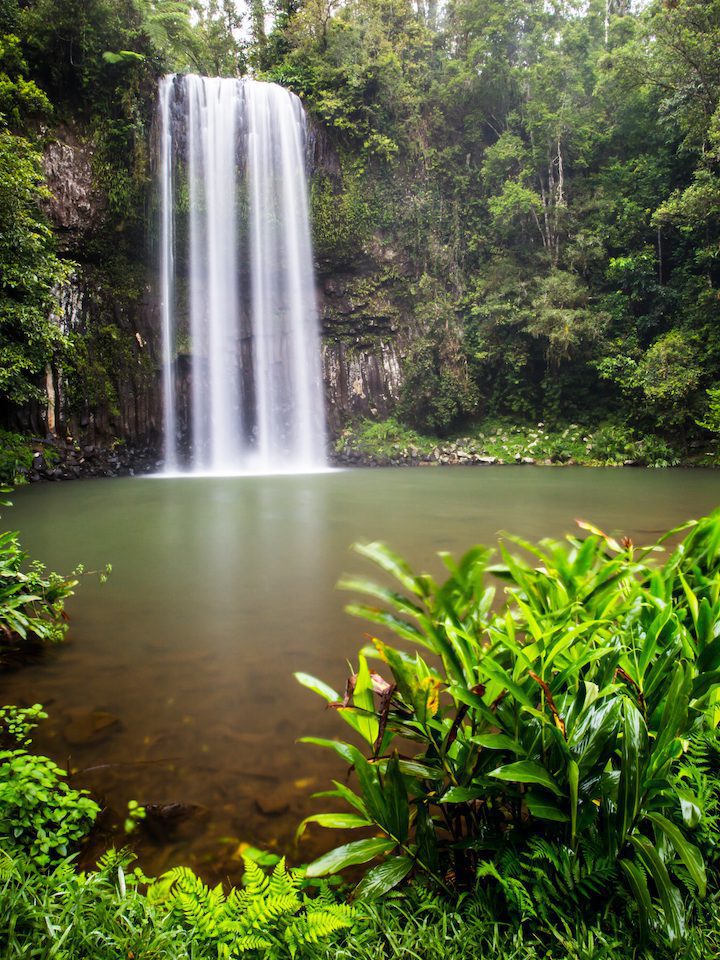
2. Baffin Island, Canada
Baffin Island is perched just above Hudson Bay off the coast of Nunavut and Northern Quebec. As Canada’s largest island and the fifth-largest in the world, there are only two places you can fly from to reach this arctic gem: Ottawa and Montreal. The Inuit make up over 70 percent of the population and have lived on Baffin for over 3,000 years. The rich culture of the Inuit is celebrated through annual festivals, events and art showcases. In the summer months, the island has almost 24 hours of sunlight and only a few hours of light in the winter.
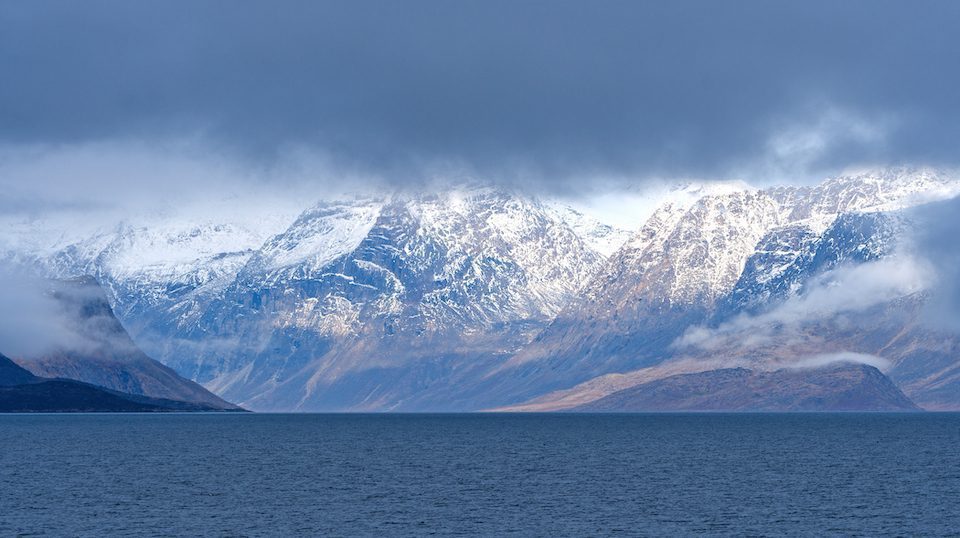
3. Princess Diana Beach, Barbuda
“We’d love you to come, but please, not all at once”
Located in the eastern Caribbean, Barbuda is the sister island of Antigua, located 27 miles to the northeast. Despite being famous for its endless pink sand beaches, Barbuda has been virtually untouched by tourism. With a population of only 1,500 people, you can currently only get to Barbuda by boat, helicopter or in a tiny eight-seater plane.
This week, Barbuda launched its first-ever tourism campaign, emphasizing its eco-friendly approach and tranquil way of life. The campaign tagline reads “With one ferry, two flights and ten taxis, we’d love you to come, but please, not all at once’ – and with only 73 rooms you’ll want to book in advance.
In 2017, 95% of the island was destroyed by Hurricane Irma, and significant investment has been made to rebuild the island. Alongside previously popular hotspots such as ‘Uncle Roddy’s’, the development of the Barbuda Ocean Club is nearing completion, there is a Nobu restaurant and the island has its first eco-hotel which can only be reached by boat (Barbuda Belle). Aside from its untouched 11-mile stretch of pink sand beach, one of the biggest attractions is the Frigate Bird Sanctuary the largest in the Western Hemisphere.
Tip: Advisory Council member Nancy Drolet says a must-see sight in Barbuda is Princess Diana Beach, renamed after the late princess on July 1, 2011 to coincide with what would have been her 50th birthday. The princess often vacationed on Barbuda for privacy and its remote location.
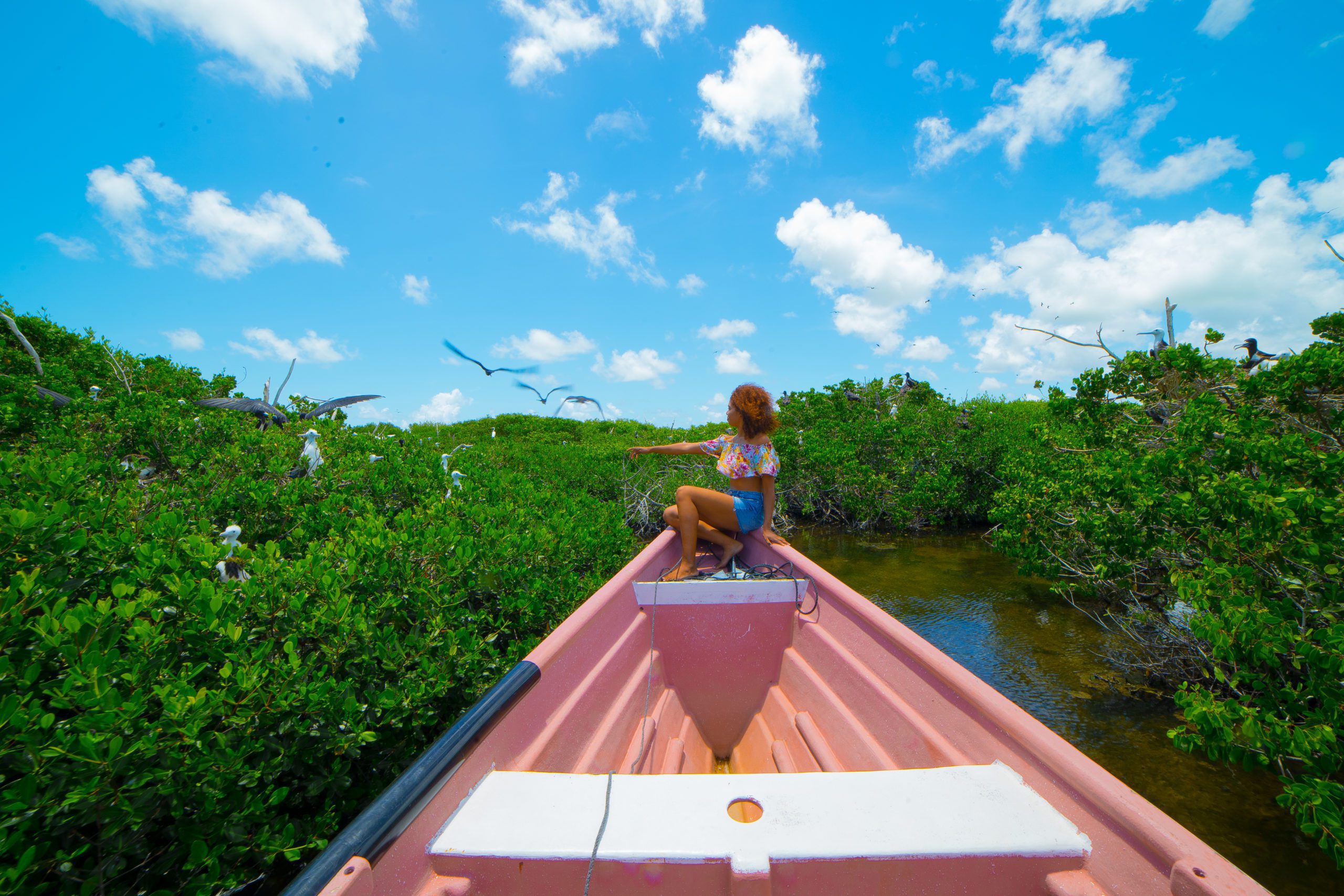
4. Bhutan
This South-Asian country- landlocked between India, Tibet, China and Nepal- is the birthplace of Gross National Happiness Index (GNI). In Bhutan, happiness is measured as an output more valuable than GDP. It’s not only one of the world’s happiest countries; it’s also one of the greenest, with 70% of its forests covered. Buddhist philosophy and its deep respect for all living creatures make it a place where solo travelling women feel safe and welcomed. The country has adopted a ‘low-volume, high-quality’ tourism strategy, including a US$250 per day/per person tariff in the high season.
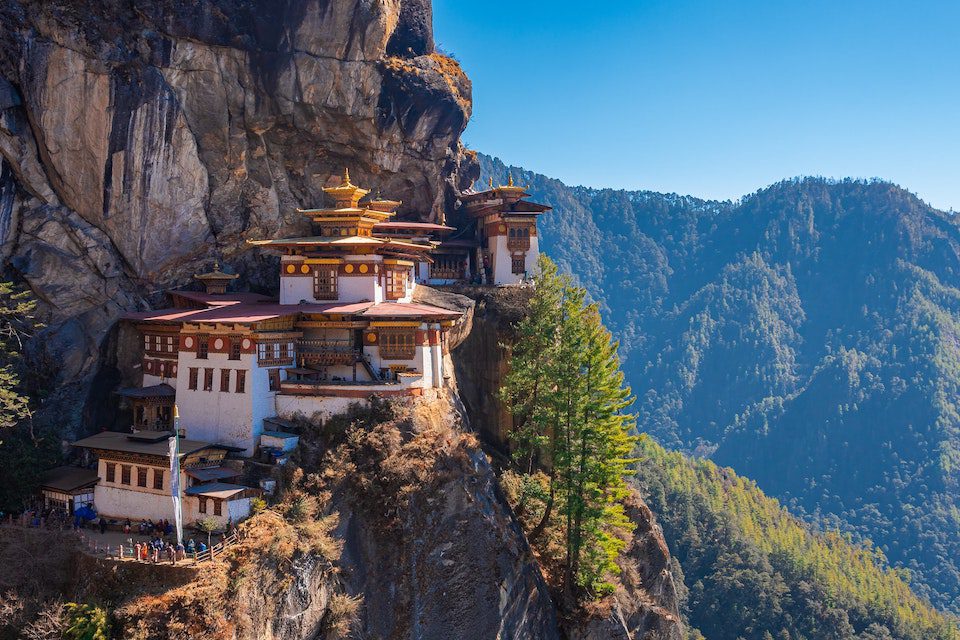
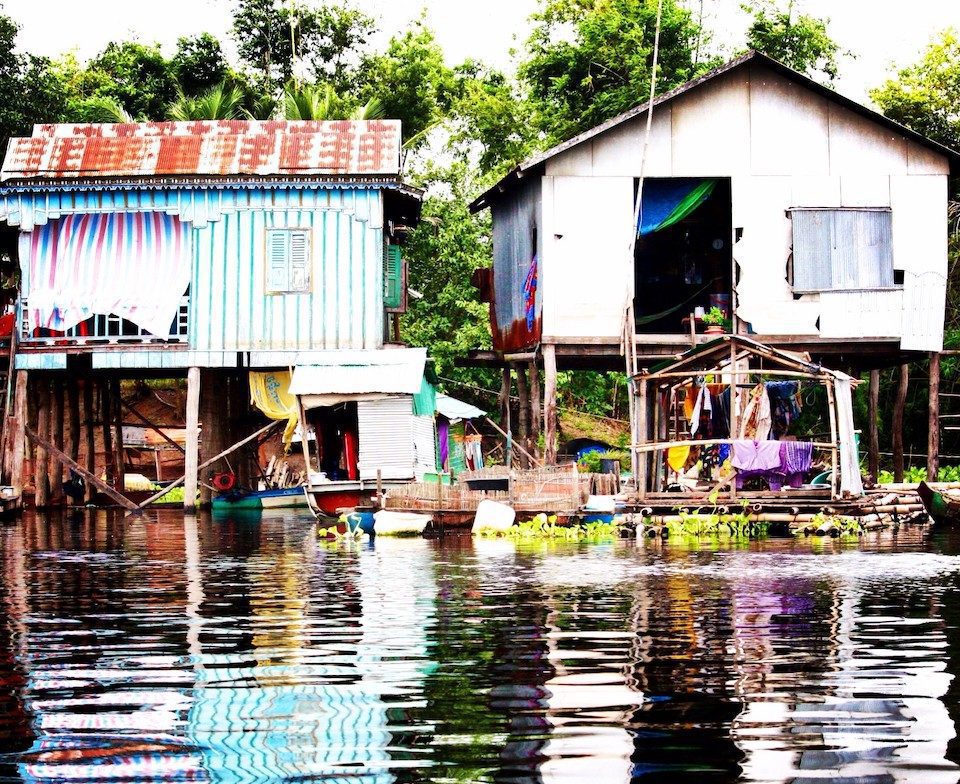
5. Battamgang, Cambodia
This charming South Asian country is a mix of old and new, urban and rural and has a whole lot more to offer than its famous temples. Not only does Cambodia have stunning ancient temples- like that of Angkor Wat – and beautiful white sand beaches, but the people are friendly and just may leave you in awe and admiration.
Battamgang is Cambodia’s second largest city lies in the heart of the Northwest and until the war years was the leading rice-producing province of the country. As with much of Cambodia, the French architecture is an attractive bonus of the city.
6. The Coromandel, New Zealand
New Zealand is a world-renowned destination that attracts thousands of visitors each year. Most travellers however, usually head to Queenstown, Auckland or the majestic peaks of the South Island. The Coromandel region however is easily accessible and no less stunning than many of New Zealand’s top sites. Located not far from Auckland, travellers will find quiet beaches, lush green mountains and uncrowded walking paths to explore.
Advisory Council member Rosemary Neave strongly recommends the Coromandel as a must-see when visiting New Zealand. She recommends that women take a backcountry drive through Coromandel town and head south to the turn off to Whitianga via the 309 Road, saying “The 309 Road is quintessential backcountry New Zealand – my favourite road in the country. I was told it follows the old Maori trail – winding up the river then straight up over the ranges with some fantastic hairpin bends, then down the other side and along the river. Here you find one of the most accessible stands of mature Kauri on the Coromandel and you can get a small taste of what the Coromandel looked like before it was logged. No one quite knows why this grove of trees were left – they are over 600 years old and awesome, as only an old tree can be reaching up beyond the forest floor, towering towards the sky.”
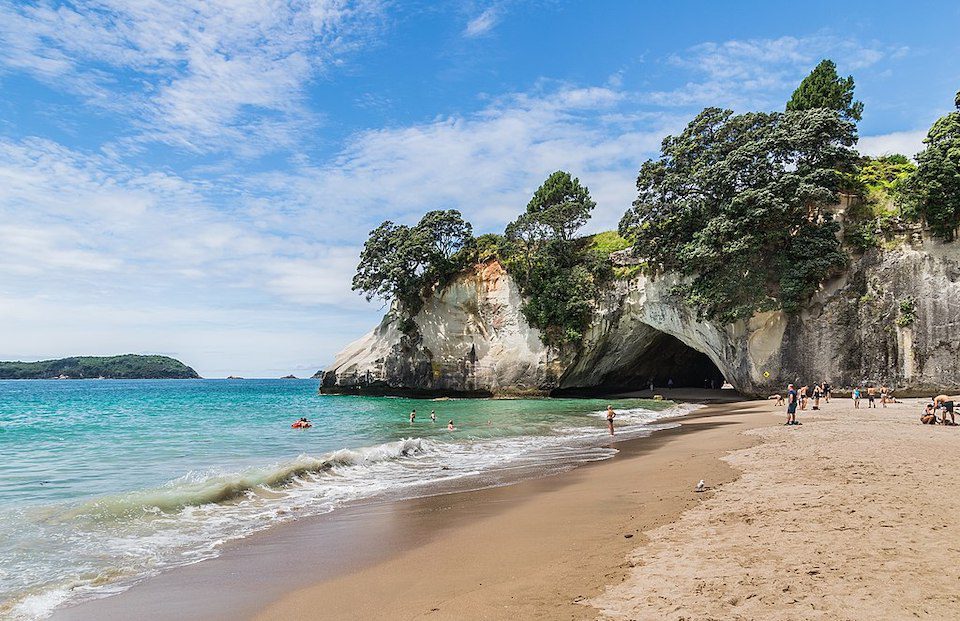
7. Tallinn, Estonia
Though it often gets grouped with other Scandinavian countries, Estonia’s culture is distinctly unique. Its capital city, Tallinn, is the best-preserved medieval city in Europe and has become one of the continent’s most charming as well. In the summer it is filled with cultural experiences and friendly, welcoming people. Tallinn Old Town is one of the best preserved Hanseatic town centres in the world. A stone’s throw away you’ll find the city’s business centre with modern towers and luxurious hotels, trendy neighbourhoods and large shopping centres.
With Tallinn being such a compact, green capital, you can cover a lot in just a weekend and enjoy short scenic strolls while at it. Beyond Tallinn, Estonia is almost 50 per cent forest, making it perfect for hikes and escaping into nature.
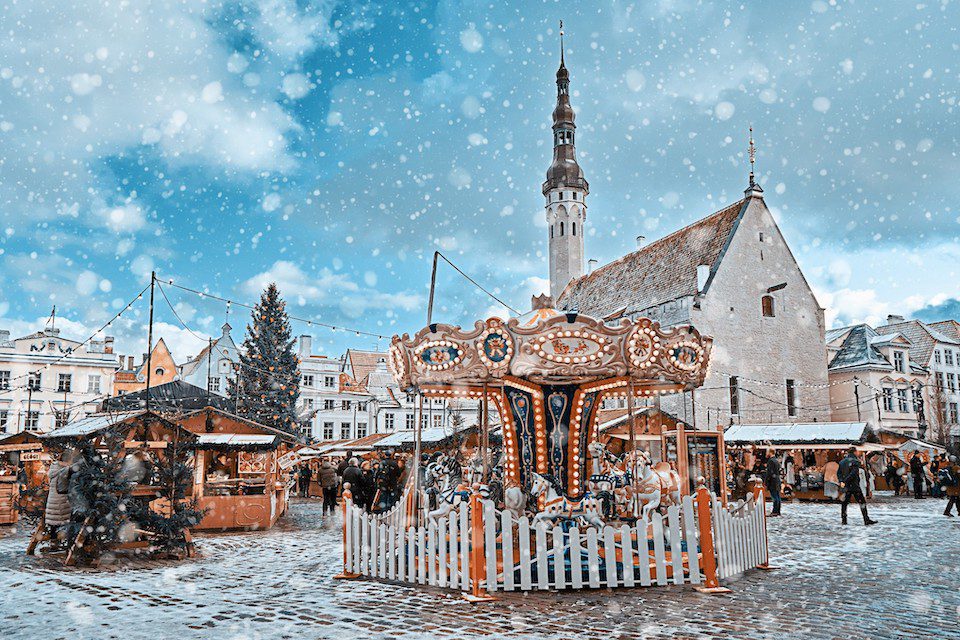
8. Faroe Islands
This archipelago of some 18 islands lying just below Iceland contains magical, outrageous, dramatic landscapes and the world’s best langoustines. Known for its hiking, Faroe is the land of fjords and fairies and grass-covered roofs. Impressive waterfalls will make your jaw drop and the puffins will certainly make you smile. Take a helicopter for the best views and drive from one island to the other via sea tunnels. This is what Iceland was before tourism hit hard.
With hardly any crime the Faroe Islands are one of the safest places on earth to travel to. The Islands can be reached by plane or by ferry from Iceland and Denmark. The national language of the Faroe Islands is Faroese, and Danish is the official second language. English is also taught in schools and is spoken by most people.
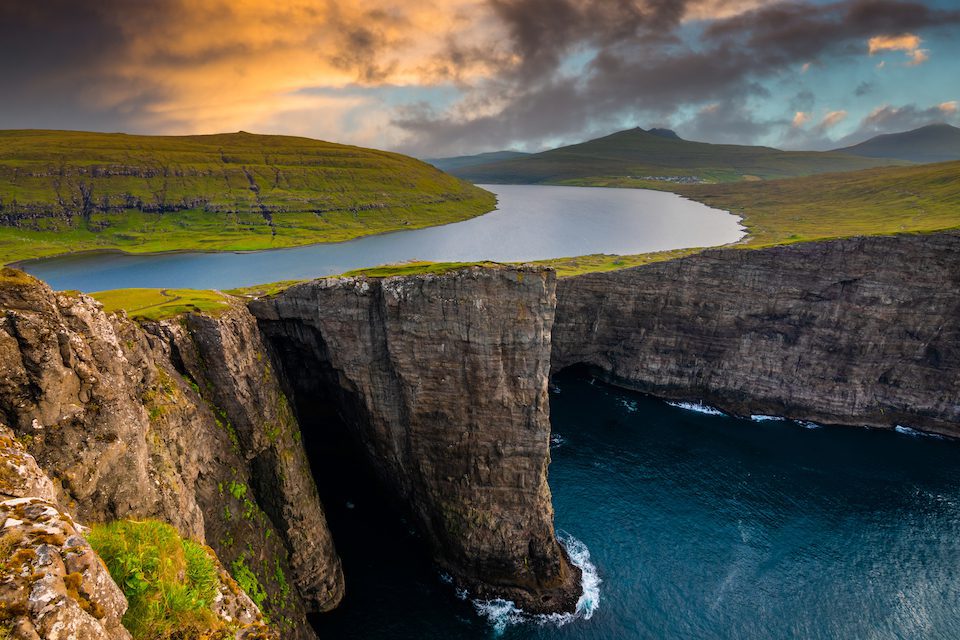
9. Nuuk, Greenland
The world’s largest island is a dream destination for many travellers with a thirst for adventure. From skiing to star gazing to hiking and learning about Greenland’s rich cultural history, there is no shortage of things to explore. For adventurers, 99 per cent of the country’s landscape is uninhabited, making the hiking and uncharted exploration options endless. Not only does Greenland have a wealth of landscape to explore, but the capital town of Nuuk offers museums, cafes and fashion boutiques. The majority of Greenland’s small population is Inuit and many of their thousand-year-old traditions live on to this day.
While there are no ferry connections between Greenland and Iceland, there are frequent flights, and more cruise companies including Greenland on their itineraries from Iceland.
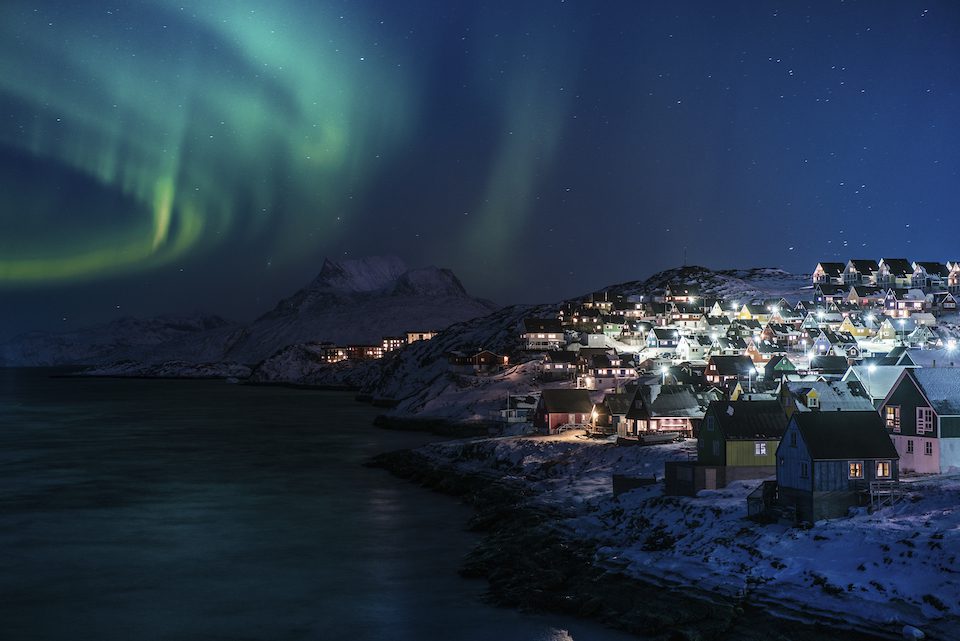
10. Guadeloupe
Guadeloupe is a small archipelago located between Dominica and Antigua, called the “Pearl of the French-Caribbean”, combining the best of the French modern infrastructure with genuine Caribbean heritage. It’s made up of five islands, Basse-Terre, Grande-Terre, Marie-Galante, Les Saintes, and La Desirade, closely strung together by beautiful waters and an efficient ferry network. Guadeloupe combines modern-French infrastructure and Caribbean heritage. Rainfall is rare in this tropical climate and air and water temperatures range from mild to warm. With flights operating out of the US and Montreal, Canada, Guadeloupe has a range of accommodation available for all types of travellers, from luxury villas to budget hostels.
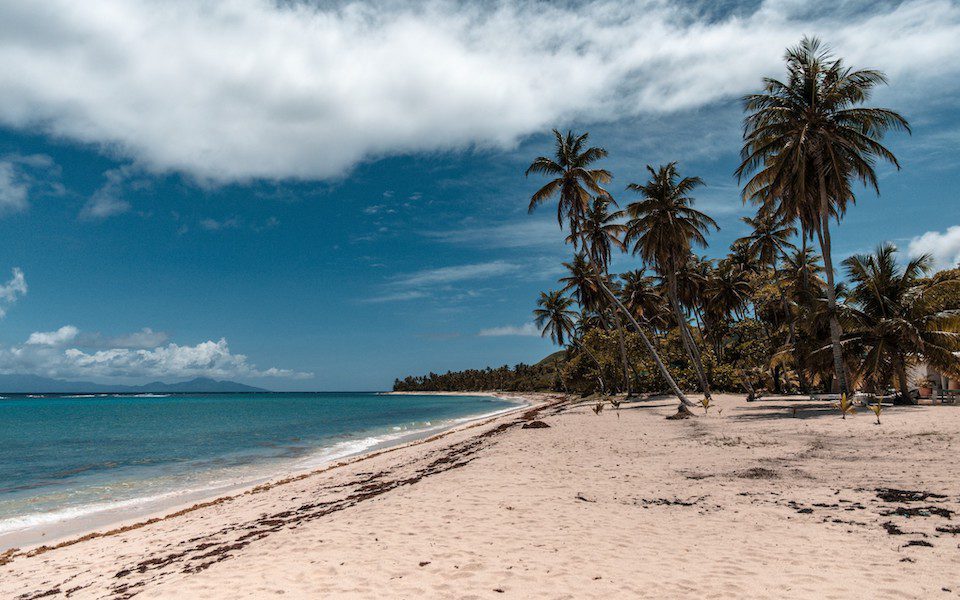
11. Nur-Sultan, Kazakhstan
An intriguing, yet relatively unknown destination for many, Kazakhstan boasts magnificent and untouched landscapes, nomadic cultural experiences and plenty of events and festivals year-round. Kazakhstan’s tourism prides themselves on the ‘4 E’s’, Eco, Ethnic, Entertainment and Events. For adventure seekers, the southern Almaty province has the country’s best national parks with turquoise glacier lakes and snow-capped peaks. The capital city Nur-Sultan attracts tourists from all over the world with its unique architecture and design.
Other notable cities worth a visit include Almaty and Shymkent. Like its neighboring countries, Kyrgyzstan and Uzbekistan, Kazakhstan has been placed in Level 1 countries by the US Department of State, meaning it is among the safest countries in the world to travel to.
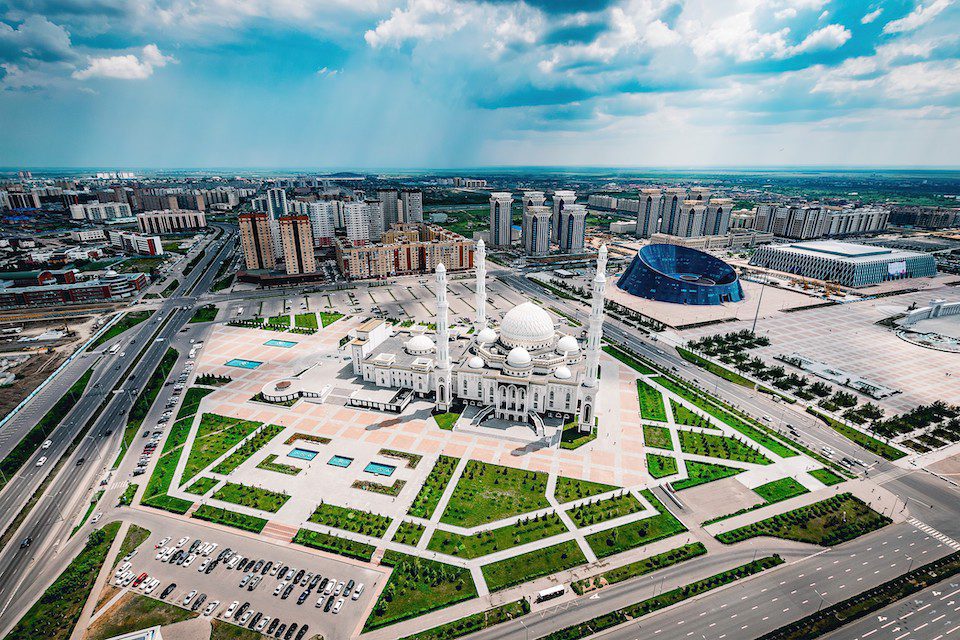
12. Ulaanbaatar, Mongolia
Dubbed the land of blue for its 260-plus clear days a year, Mongolia is the world’s most sparsely populated country- with up to 40% of its population living a nomadic lifestyle. Most Mongolians live in a ger (yurt), and even city-dwellers summer in them. Half the country’s population lives in its capital city Ulaanbaatar, which is also the world’s oldest capital.
Mongolia is also home to the Gobi desert, Asia’s largest and regarded as the world’s largest dinosaur fossil reserve. The Mongolian people are very welcoming and known for their hospitality. Because they live nomadic, communal and largely isolated lives, visitors are welcomed with open arms (and fermented milk.)
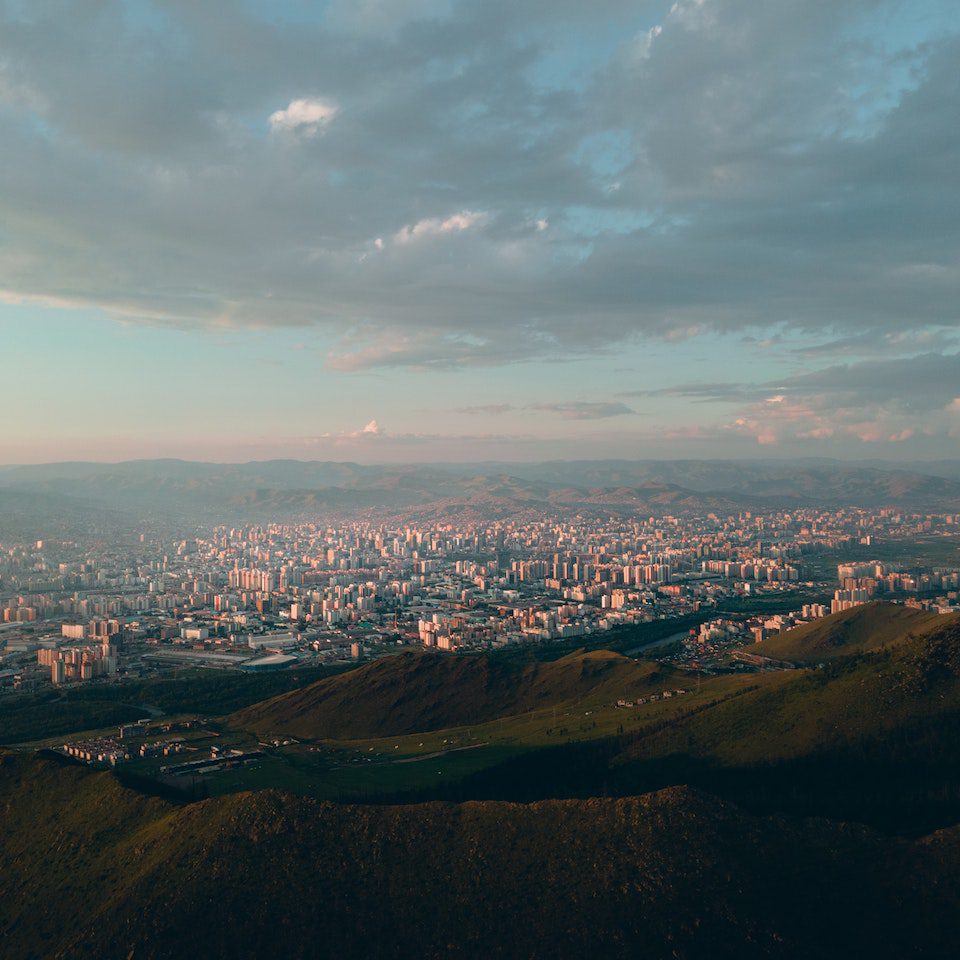
13. Sabah, Malaysia
Known as a crossroads for many Asian cultures, experience the many different cultures of Malaysia’s residents through cuisine and festivals happening year-round. Many travellers are drawn to Malaysia for its majestic rainforest and wildlife. Tawau Hills Park in Sabah is an easily accessible forest with plenty of hiking trails for those who want to experience nature without venturing too far into the unknown. There are also many different temples, mosques and museums for travellers who enjoy a historical and cultural experience.
14. Namibia (not Nambia)
Located in Southern Africa, Namibia is the first country in the world to incorporate environmental protection into its constitution. They encourage travellers to take part in community-based tourism, which provides real monetary and social benefits to local communities and ultimately a more authentic Namibian experience to the tourists. Discover local habitats and wildlife or celebrate traditional cultures, rituals and wisdom.
For adventure travellers, Namibia’s natural landscape is nothing short of breathtaking. Towering sand dunes, waterfalls, unique rock formations and mountains are located all over the country, making it an ideal and diverse destination to explore. Here, you can climb the highest sand dunes in the world or descend to the floor of the deepest canyon in Africa.
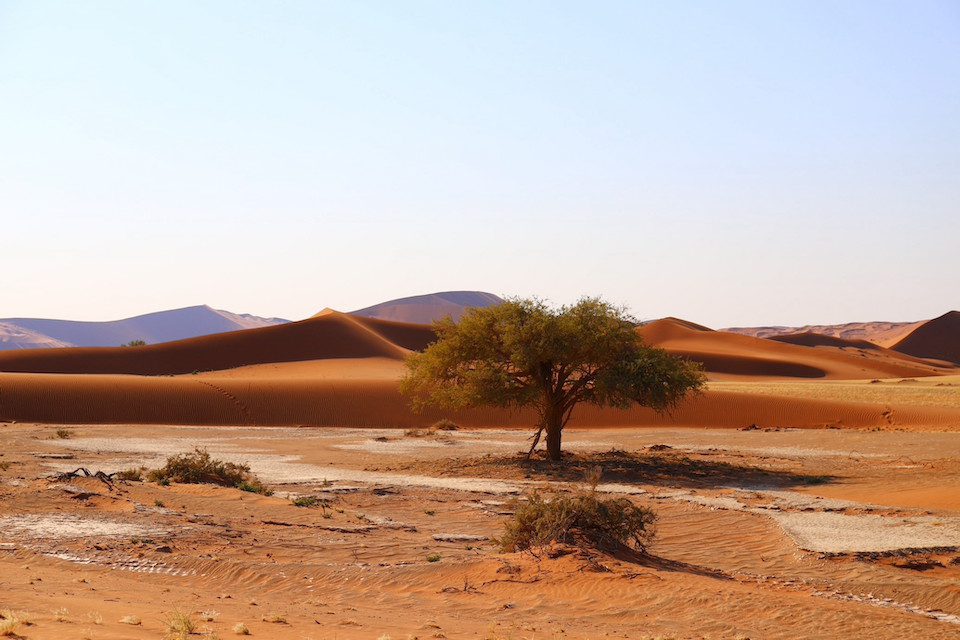
15. Sikkim, India
Sikkim is located in remote Northeastern India and is home to the majestic Kangchenjunga, the world’s third highest mountain. Recommended by Advisory Board member Mariellen Ward, Sikkim is ideal for adventurous travellers who like to venture off the beaten path. With over 28 mountain peaks, 80+ glaciers, 227 high-altitude lakes, five major hot springs, 100+ rivers and streams, Sikkim is an adventurer’s playground.
Mariellen writes: “Sikkim was an independent Himalayan kingdom, ruled by a Buddhist King, until it became part of India in the 1970s. It’s a small state in the remote northeast part of India that lies in the shadow of mighty five-peaked Kanchenjunga, the third highest mountain on earth. I found Sikkim to be a magical, mystical place lush with forests and swirling with mist. Winding roads take you up and down mountains, past ancient Buddhist monasteries, bamboo groves, and terraced rice paddies. It feels a bit less like India and a bit more like Southeast Asia … but always unique. Sikkim is an ideal destination for an adventurous traveller who likes to get off the beaten path, and who enjoys homestays, long drives, and exhilarating treks.
Read more from Mariellen here.
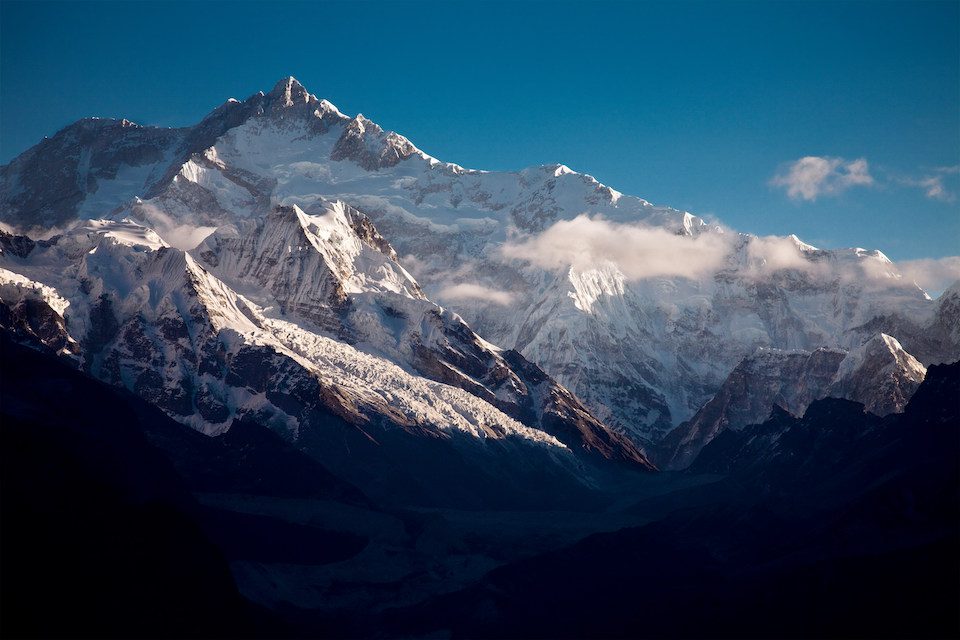
16. Shetland and Outer Hebrides, Scotland
Located 100 miles north east of Scotland, Shetland is an archipelago in the North Sea where one finds rugged, untouched beauty and a rich history. In the ninth century, Shetland was colonized by the Vikings and to this day a strong Norse and Scandinavian influence can be felt all over Shetland. One of the biggest appeals for travellers is the wildlife. From birds, to whales to fish, there is plenty to see in Shetland’s vast sea and sky. In the spring, music lovers flock to the Shetland Folk Festival, where musicians from around the world perform all over Shetland.
The Outer Hebrides are located off the west coast of Mainland Scotland and just like Shetland, are a true adventure. It is known for mountains, moors and white sand beaches, friendly people and its Gaelic culture. In addition to its scenery, our readers noted that The Outer Hebrides are “safe, hospitable, remote, historical, cultural, fascinating, with very kind people. A real adventure.”
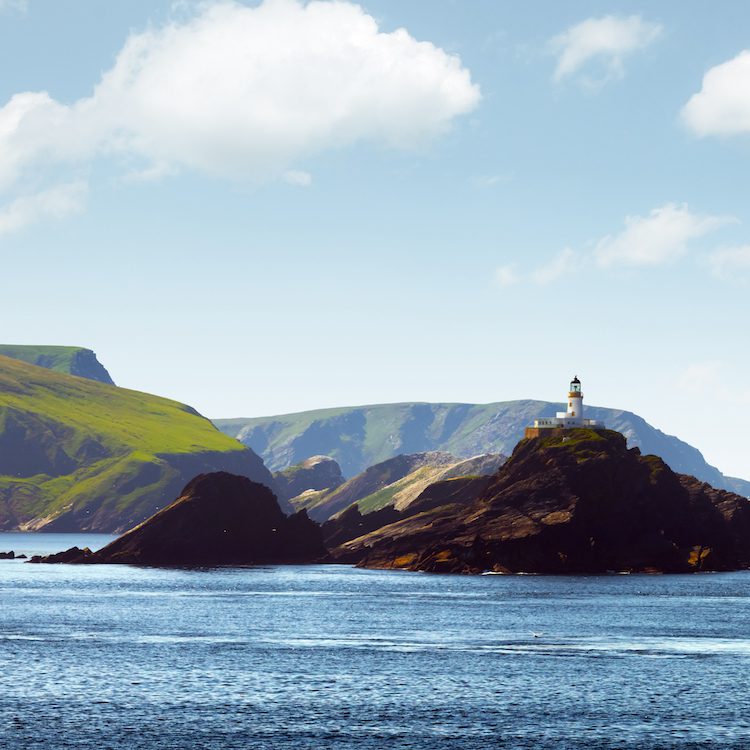
17. St. Pierre et Miquelon
Another small archipelago of islands, St. Pierre et Miquelon is located off the coast of Newfoundland and Labarador, Canada, however, it’s actually a part of France. Inhabited by emigrants from Normandy, Brittany and the Basque region, these islands are a melting pot of French culture, just 12 miles from North America. Its climate and geography is similar to Newfoundland, but culturally it is a world away. Barren cliffs and open land make for great hiking trails all over the islands, where hikers will be met with views of the Atlantic from almost every lookout.
18. Zanibar, Tanzania
Home to Mt Kilimanjaro, the Serengeti, majestic wildlife and stunning beaches, Tanzania draws travellers from all over to experience its natural beauty. It is best known for its safaris where one can experience the African wildlife and landscape they’ve always dreamed of. For those seeking a more relaxing experience, Tanzania’s Indian Ocean coastline is dotted with charming villages and surrounded by turquoise-blue water and white sand beaches. Along with its natural attractions, wherever you go, there are opportunities to learn about Tanzania’s people and cultures.
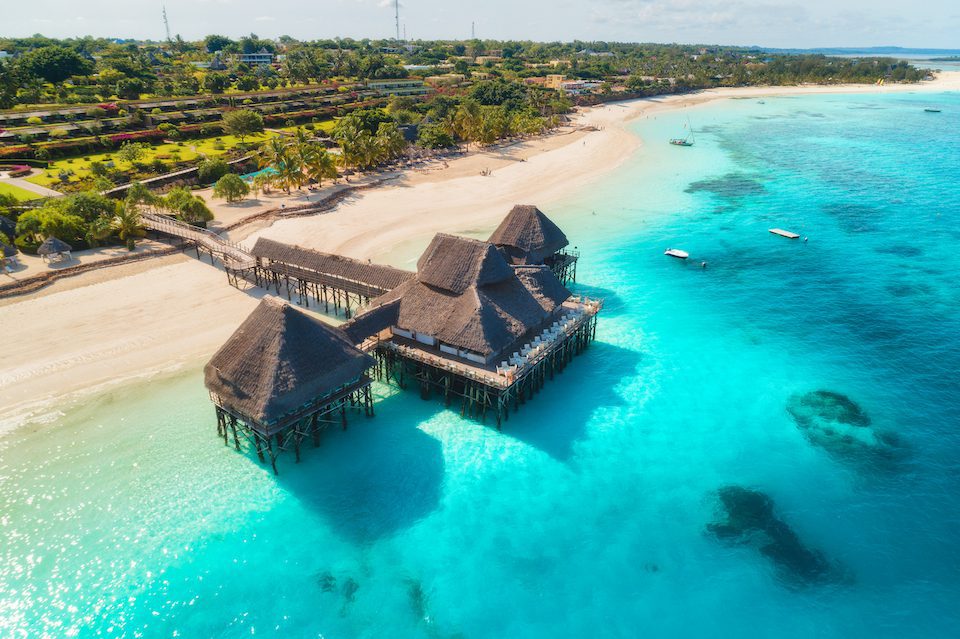
19. Cappadocia, Turkey
Though Istanbul has become a more popular destination in recent years, Turkey has much to offer beyond its best-known city. From beaches to mountains and a memorable food scene, Turkey has something for everyone and our readers mentioned it frequently. Cappadocia, located in central Turkey is known for its moon-like landscape and houses carved into rocks. This otherworldly destination attracts visitors from all over. One of the most popular ways to see the region is from a hot air balloon. There are plenty of tour companies to choose from- and most never forget their view of early morning Cappadocia from above.
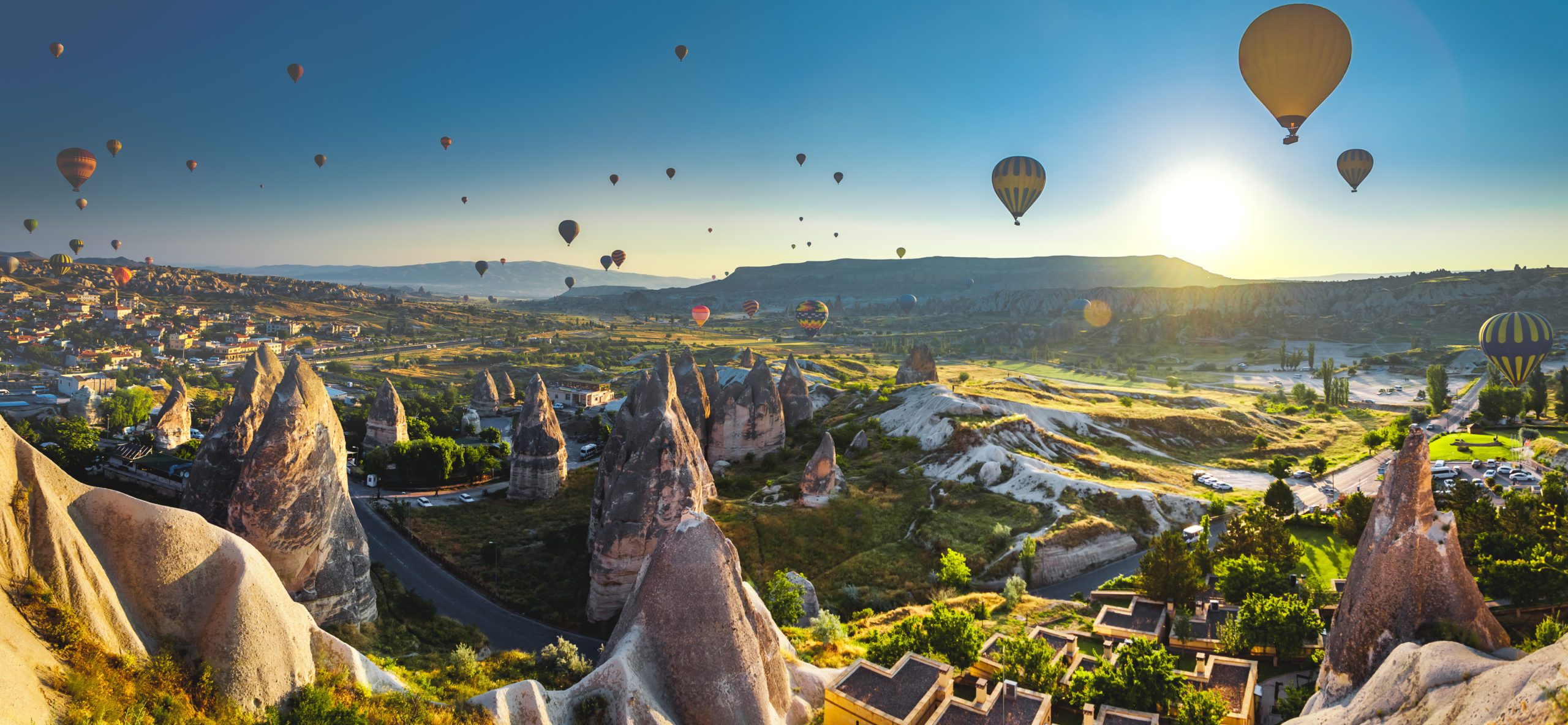
20. Hanoi, Vietnam
A land of rolling green hills, crystal clear waters, white sand beaches and bustling towns and cities, Vietnam is a place of natural wonder and welcoming people. The capital Hanoi is a sea of motorbikes, old and new architecture and unforgettable food. It is one of the world’s most ancient capitals that has been well-preserved, making it an intriguing place for visitors. For those who want a more slow-paced destination, the famous Ha Long Bay is just a four-hour bus ride from Hanoi. Beachgoers are met with turquoise blue water and limestone formations sprouting from the ocean. Our friends at the PlanetD have put together a great guide on Hanoi here.
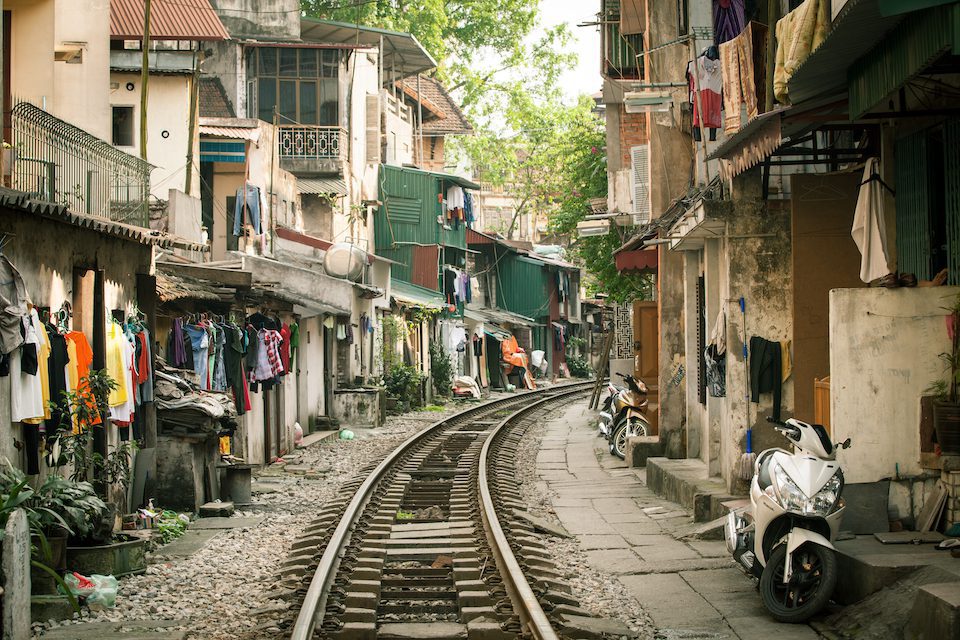
Do you have a travel tip or suggestion for another less-travelled place? Please leave it in the comments below or email us at [email protected].
Make Your Travel Dreams a Reality
Confessions of a Wannabe Aurora Chaser: The Myths and Magic of the Northern Lights in Norway
Meet Hurtigruten’s Chief Aurora Chaser, Tom Kerss, who teaches wannabe aurora chasers how to experience the Northern Lights in Norway.
Getting Real About Spain’s Camino with Jane Christmas and “What the Psychic Told The Pilgrim”
Jane Christmas’s funny memoir of her 780-kilometre trek across Spain on the Camino de Santiago to celebrate her 50th birthday and midlife.
Searching for Awe? Don’t Miss Bora Bora
Located in French Polynesia, Bora Bora is a magical ocean paradise well worth the trip, even for women in their 80s.

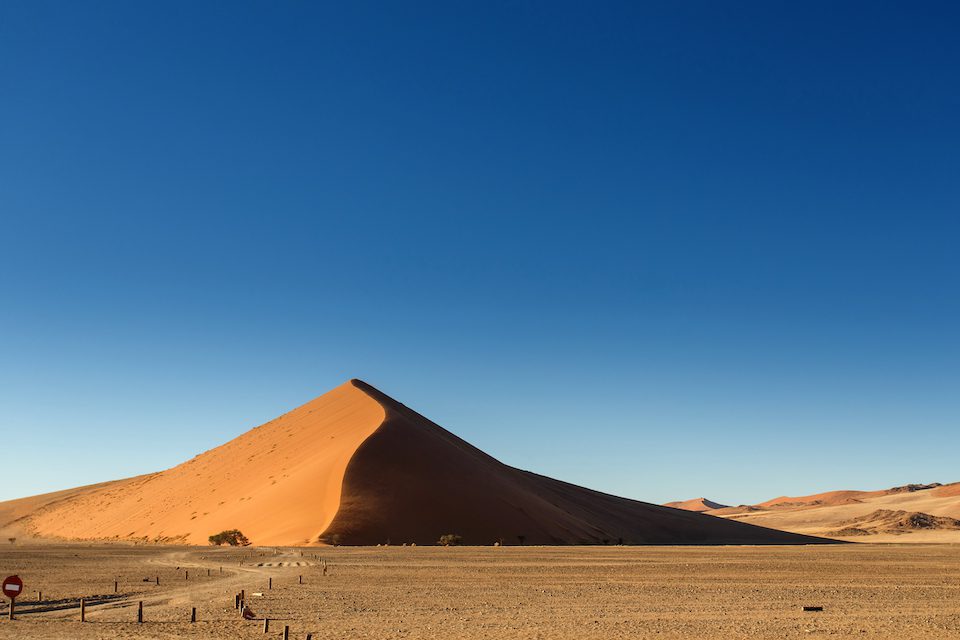




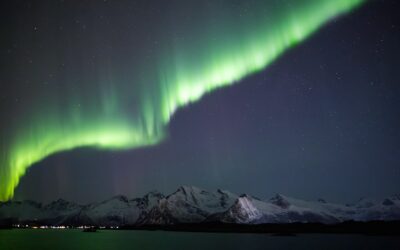
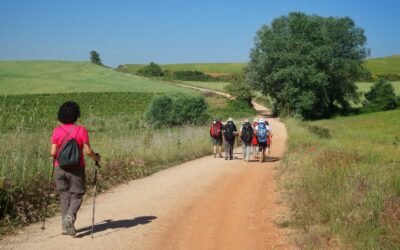
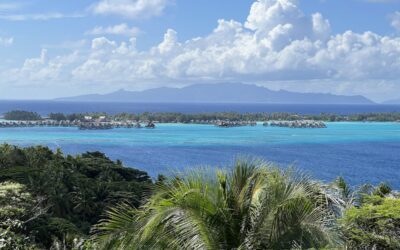
Great places, thank you !
Wonderful list with good detail…Thank you !
Australia is one of my bucket list, Thank you for posting this article and I hope keep posting.